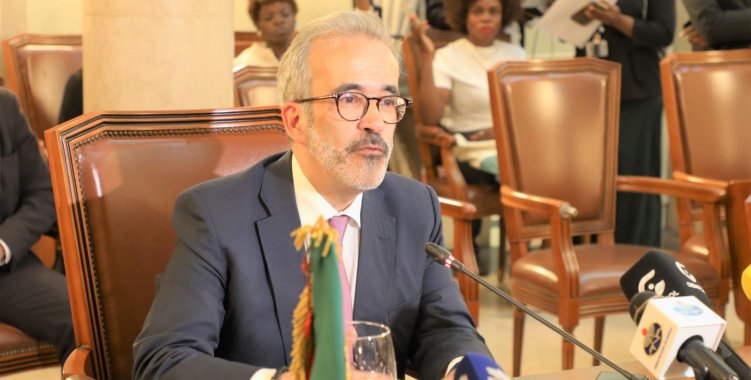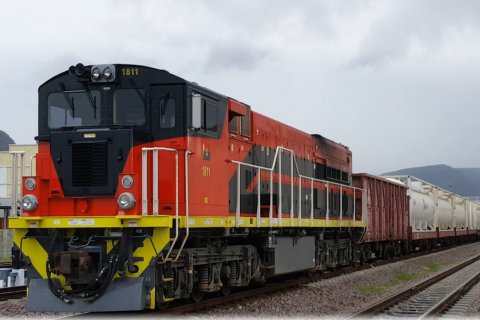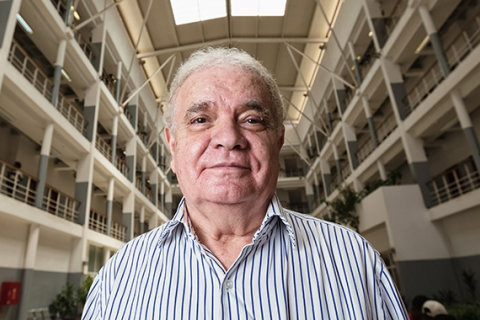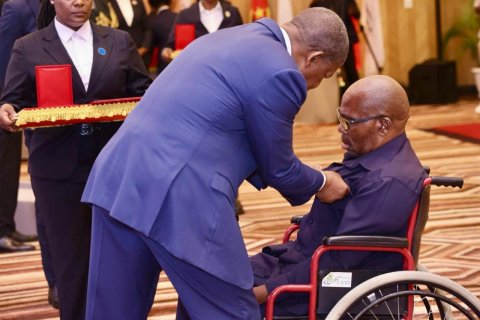Paulo Rangel, who was speaking to journalists in Luanda, where he arrived on Friday for a two-day visit, preceding that of the Portuguese Prime Minister, Luís Montenegro, expressed "huge respect for Angolan diplomacy", which plays an important role in Africa and in the global context, and said that he exchanged views on these matters with his counterpart, Téte António.
"On the issue of Israel there is a great convergence between the two [countries]", as both defend the two-state solution, self-determination of the Palestinian people and a ceasefire in the face of "a humanitarian catastrophe", he declared.
In the case of Ukraine, "there is also", he stressed, stressing that "there was a condemnation of the [Russian] invasion" and there is a desire for peace.
"There may be one or two differences, but everyone has their role", he added, highlighting that there is still "a common point" in terms of defending respect for the international order.
"In essence, there is convergence, which does not mean that the sensitivity and even the role of each one in the international community, in the sense of sensitizing other actors to the need to promote lasting peace solutions, [are equal]. Each one acts with the trump cards it has and there ends up being a great convergence" because the ultimate objective is to promote peace and stabilize the international situation "which is really worrying", he pointed out.
Regarding the possibility of supporting children from the Gaza Strip who cannot be assisted due to the war situation with hospital treatment, Rangel highlighted that "Portugal has always been available" in terms of humanitarian aid.
"If this effort is organized, we will certainly do so. We are very concerned about the humanitarian situation in the Gaza Strip. We think there is a need for an immediate ceasefire" that allows humanitarian aid and treatment of people "in places where they are safe", he added.







